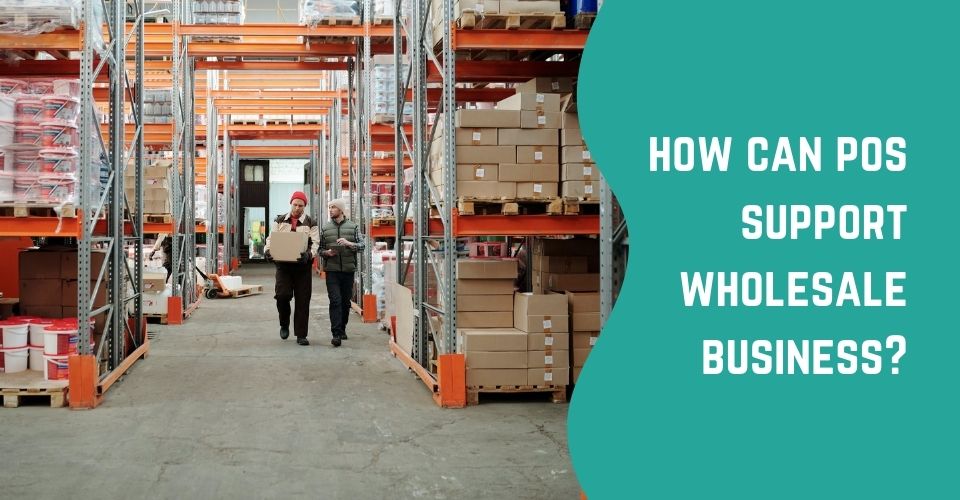In the retail industry, POS systems are no longer a strange concept. They are the tools that retailers need to handle their transactions, manage employees, monitor inventory, and many more. However, when it comes to wholesale, POS can also be highly beneficial. In this blog, we will discuss the values that POS systems can bring to wholesalers.
Overview
Support group pricing
This is the first benefit of POS for wholesale businesses. Wholesalers often have multiple price ranges for different clients, as they are the suppliers to stores of all sizes. Therefore, a group pricing POS function is needed for wholesalers to control their pricing policies better.

Many wholesalers need to divide their customers into groups and assign the appropriate price/ promotion/ policy to each of them. A POS system with a group pricing function can help them handle this process with ease. If you are wondering which POS system on the market nowadays can support group pricing, consider ConnectPOS. It does not only have the group pricing function but also allows users to create new rules by the app.
Monitor large amount of inventory
The basic difference between a retailer and a wholesaler is that, wholesalers can have much more inventory on hand. They are the suppliers to other businesses. If the inventory is monitored manually, a lot of risks can happen, such as disparities between the information and the actual inventory levels, sudden stockouts, etc.
A POS system with powerful inventory management tools can help businesses stay up-to-date about not only one, but multiple warehouses and their clients. Wholesalers can easily add, remove, or edit inventory, as well as get notifications when an item is running low. In this way, large wholesale inventory now can be controlled within just a single POS.

Accept multiple payment methods
Wholesalers need to be flexible in terms of payments, due to the diversity of potential clients. Payments should no longer be limited to only cash or cards. Instead, wholesale businesses should be able to accept different payment types to simplify their transactions. Some of the most popular payments are cash, credit/debit cards, split tenders, and layaways. With a POS, users can easily choose one of these methods, and click Pay. Transactions in this way can happen more smoothly with satisfaction from both suppliers and buyers.
In addition to that, multi-currency acceptance is also needed to boost international sales. Moreover, sometimes, customers might not want to pay right away with high-value orders. Wholesalers will need to generate a quotation containing the price and other necessary information. Again, a POS system with multiple payments is highly recommended to support international transactions and quote management.
►►►► Please visit our products: digital banking, situation analysis, Shopify markets, Vietnam Photography Tour, Photography Tour Guide Viet Nam, supply chain operations management, fintech ai, Multi Store POS, Woocommerce POS, Mobile POS, White label POS, POS Reseller, Beauty Supply Store POS, Retail POS and Vape shop POS

Support multi-warehouse management
If you are owning a big wholesale business with more than one warehouse, a POS even plays a more essential role. When you have multiple warehouses in different cities or countries, monitoring them can be quite a challenge. A powerful wholesale POS can recognize a warehouse location and assign it to nearby orders. At the same time, real-time synchronization will update the data in different warehouses, so that you can receive the latest updates on any inventory location. POS in this way will create a centralized system that monitors different warehouses from anywhere and at any time.

Conclusion
Without a doubt, POS systems are highly recommended for wholesale businesses thanks to the above functionalities. Among many other competitors, ConnectPOS is a leading wholesale POS with distinctive features for large suppliers. You might want to read about the benefits that ConnectPOS can bring to Smoke Arsenal, one of our wholesale clients. If you are interested, don’t hesitate to start writing your success with us today.
